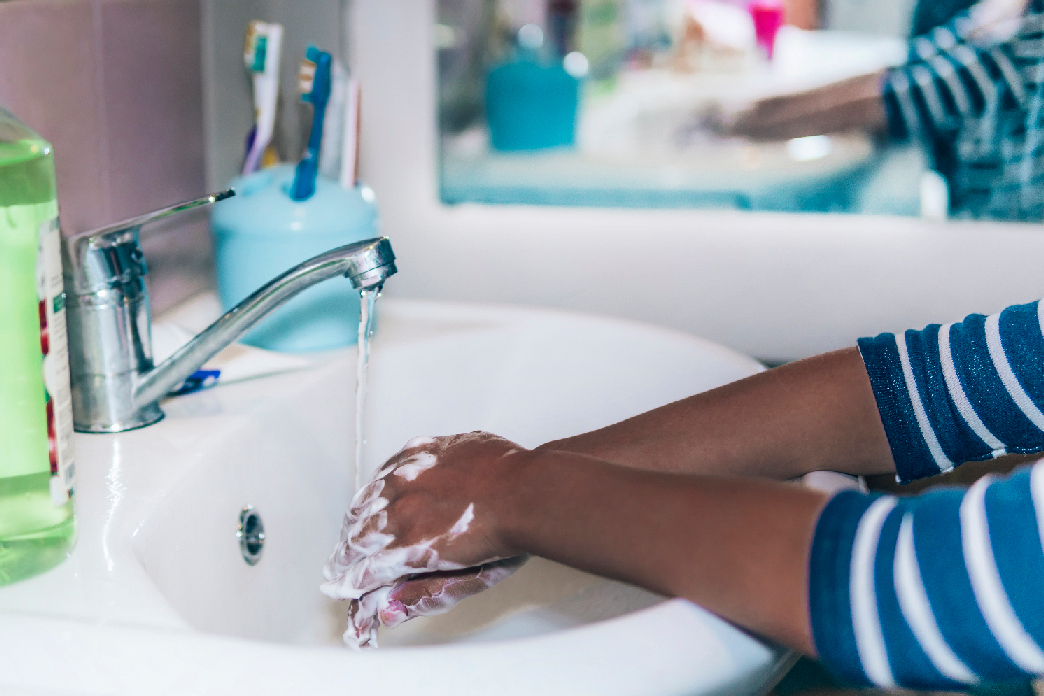Hand wash advise
Washing hands regularly is the single most important hygiene step in fighting the spread of bacteria and other germs – the kind that can lead to stomach upsets, cold, flu and other serious health problems.
But still people don’t do it when they should
Here are the six excuses people make most often for not washing hands (and why they’re wrong).
I haven’t been anywhere
Even if you’ve been at home all morning, you’ll have picked up germs on your hands without knowing it. Did you know that bacteria can survive on hard surfaces for anything from a couple of hours to several months, so telephone keypads and handsets, door handles, TV remotes – any surface that people touch regularly can be hotspot for bacterial transfer.
They don’t look dirty
Everyday dirt and soil can carry all sorts of germs. So it’s always a good idea to wash your hands when they look dirty. But what about the microscopic organisms that you can’t see?
In our daily routine we’re constantly picking up germs, particularly after going to the toilet or preparing food. So it is important to know when to wash your hands and be able to do it properly.
I’m too busy
In a rush? Not stopping for a hand wash, especially after going to the toilet, could cost you more. In fact, each year in the UK absence due to sickness costs employers £495 for every worker employed.
Norovirus, for example, causes on average four missed days of work. It’s one of the most common causes of sickness and diarrhoea, and spreads mainly through contact with an infected person. Like shaking their hand.
I forgot
With so much going on, it’s easy to forget about washing hands. So try to make it a routine so you get into the habit. Leave yourself a note, draw on your hand, set a reminder on your phone, or write out this list until it sticks:
Wash hands before:
- Eating or preparing food
- Dressing a wound or giving medicine
- Picking up a baby or infant
- Changing a nappy
Wash hands after:
- Handling food
- Changing a nappy or going to the toilet
- Contact with body fluids (blood, saliva, vomit, etc.)
- Handling animals and pets
- Emptying the bin
- Being in the garden
Finally, wash your hands whenever they look dirty, or if someone else in the house is poorly.
I’m not near soap and water
Out and about? It’s a good idea to carry Dettol Hand Sanitizer to help kill 99.9% germs – useful if you’re about to grab a bite to eat or have been on public transport.
Germs are good for the immune system
True, certain infection will help stimulate our immune system so preventing us becoming ill by the same infection again, but this is not always the case (e.g. food poisoning). General exposure to germs will also not protect us against specific infections.
Of the billions of microorganisms we come into contact with every day, very few are seriously harmful. So give your immune system a helping hand and give your hands a wash – when you need to.
